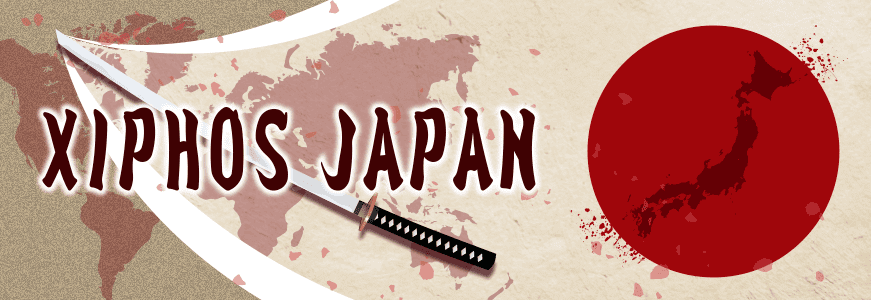 Want to do business with Japanese companies from abroad. We want to explore the possibility of expanding our sales channels in Japan. We regularly receive comments from them saying.
Want to do business with Japanese companies from abroad. We want to explore the possibility of expanding our sales channels in Japan. We regularly receive comments from them saying.
In terms of its position in the world, it is the Far East. Japan is an island country in the Far East, which attracted the world’s attention as a country where the sun never sets during the bubble period.
Japan also has a population of approximately 120 million. It is ranked 11th in the world. From a marketing point of view – population = market size – it is a tenth of the size of neighbouring China, but from the total package of common sense compliance and other factors, it seems that the Japanese market is still in a position where it cannot be ignored.
However, it is not easy for foreign companies that have established themselves in Japan to take root in the Japanese market. First of all, Japan has a unique culture and business practices that are very different from those of the international community and can be described as Galapagos.
For example, additional services that are requested as a matter of course in other countries are free in Japan as a matter of course. Excessive services unique to Japan, which can be described as excessive in a sense, are unnecessary in foreign companies. The question mark is why they don’t charge extra for them.
Therefore, many foreign companies that set their sights on Zipangu are unable to adapt to Japan’s unique rules, which are very different from global standards, and often leave the country after a few years. Japan has been protected by the sea on all sides since ancient times, and in a sense its economy is also protected in part by its unique culture.
However, familiarity with Japan’s unique rules can be a hindrance to overseas expansion. In recent years, an increasing number of Japanese companies have been looking overseas in search of internationalisation and larger markets, but unfortunately, many of these companies have not been able to achieve satisfactory results.
There are a number of reasons for this, but one of the main reasons is the difference in the sense of speed of business. In other countries, if a company decides that it wants something & that it is a good product, it will make a direct proposal on the spot. In some cases, contracts are concluded on the spot if both parties meet the conditions.
This catch a ball reaction and response is an essential condition overseas, and if the matter is discussed with a supervisor or submitted for approval on the spot, it is not unlikely that the conversation will flow on as it is.
Perhaps behind this is the cultural presence of agrarian and hunter-gatherers. The style of sitting back and contemplating things and the hunt for what you want. It can be said that this is the difference between the two.
Neither is better or worse than the other, but rather a difference in style: if a foreign company is aiming for the Japanese market, it should adapt to the Japanese style, and if a Japanese company is looking overseas, it should also adapt to overseas rules. That’s all there is to it.
In addition, foreigners tend to be easily heated up and cooled down, so even if they responded positively at the time of enquiry, if they take time to respond, their interest wanes and by the time they have responded, they have already shown interest in other products. Such situations are not uncommon.
In order to break into overseas markets, it can be said that a speedy response in the overseas mode is also necessary.







